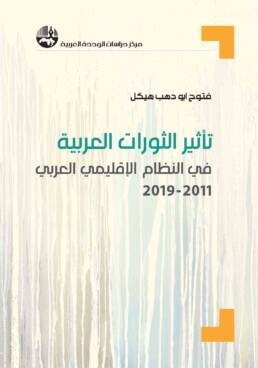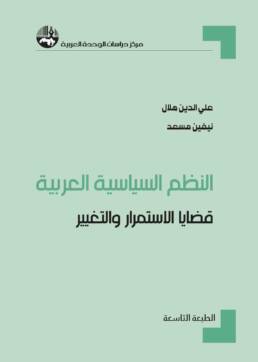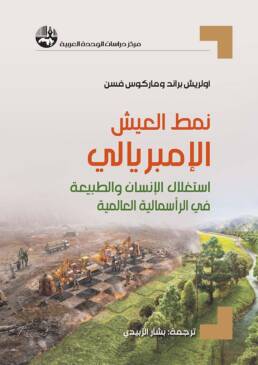Citizenship is a central concept to the author’s work that plays an important role in the way political tensions are shaped in the GCC region. The general political setup, which is plagued by chronic political imbalances, is primarily represented by the confinement of absolute rule in the hands of the very few, in contrast to the narrow participation of the many in processes of decision-making and policy planning. Literature on citizenship in the Gulf is generally scarce, particularly the one dealing with the concept and the practice of citizenship among the elites and the political and social currents in the countries of the GCC. The body of literature on the GCC has often placed the study of ruling regimes at the center of readers’ focus, but there remains the need to address the misuse and abuse of power, as well as the role of elites, and more broadly that of citizens in relation to the concept and the practices of citizenship.
What is citizenship, and what value does it hold in the countries of the GCC? What is the nature of governance in the region, and how did it develop historically? What role did the concept of citizenship assume in this context? Likewise, what role did the concept of citizenship play in the development of critical thinking and strategies of mobilization of political movements as well as the political elites in the Gulf, both the Islamic and nationalist ones? How does civil society, in all its diversity, deal with the concept of citizenship? These are some of the main problematics upon which the author’s work is based on.
Add a review
You must be logged in to post a review.
You May Also Like
Impact of Arab Revolutions on the Arab Regional Order
Price range: 8 $ through 13 $
The Imperialist Way of Life: Exploitation of Man and Nature in Global Capitalism
Price range: 7 $ through 11 $
Russian Gas Pipelines: Geopolitical and Economic Dimensions
Price range: 7 $ through 11 $
The Crisis of Establishing the Contemporary Arab State: A Critical Approach to the Concept of Reform and the Problem of Rational Integration
Price range: 4 $ through 6 $
Journey through the Embers Pages from Mounir Shafiq’s Memories
Price range: 10 $ through 16 $
Islamic Fundamentalism: The Story of Islamist Movements
Price range: 8 $ through 13 $








